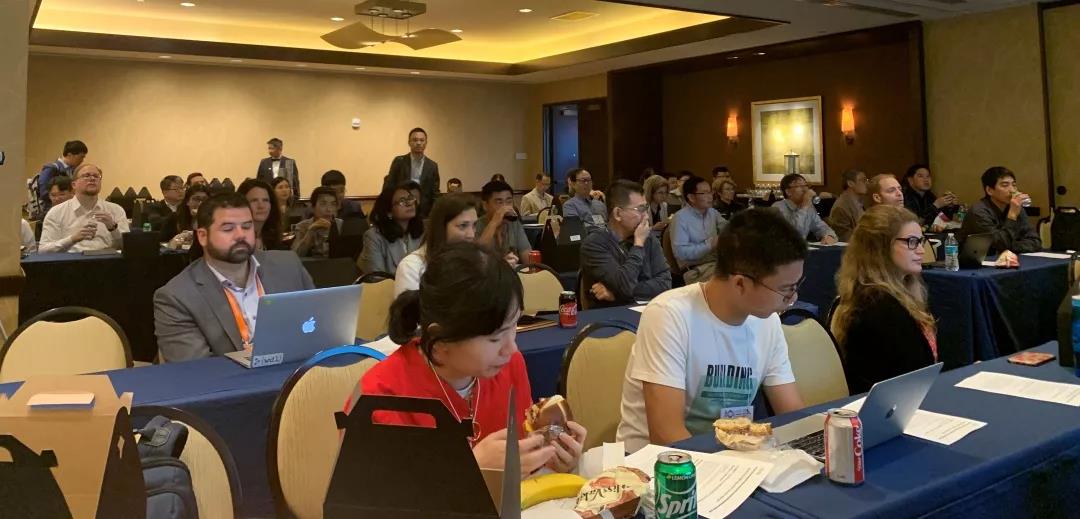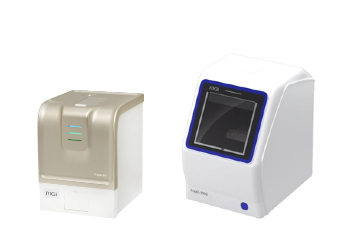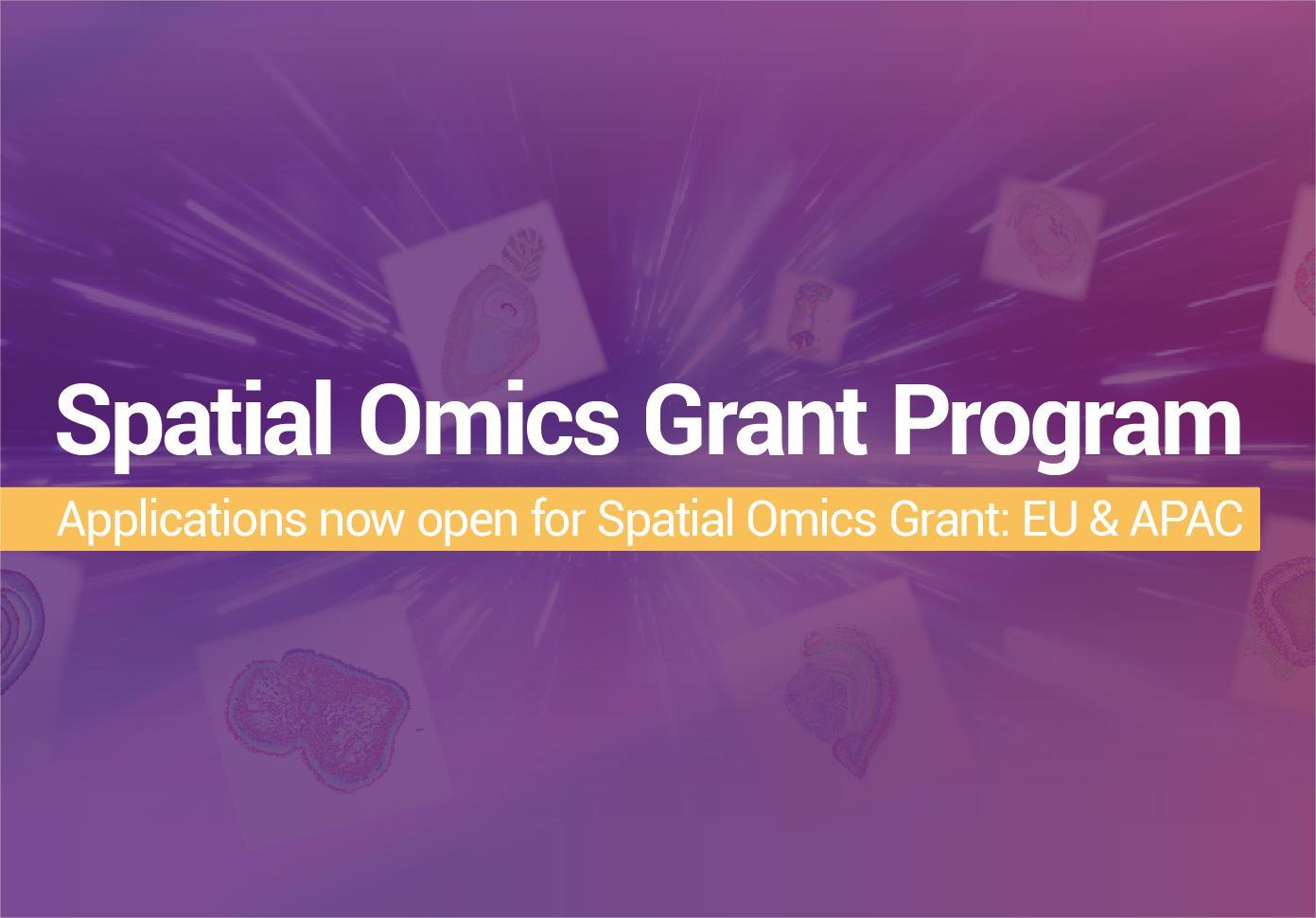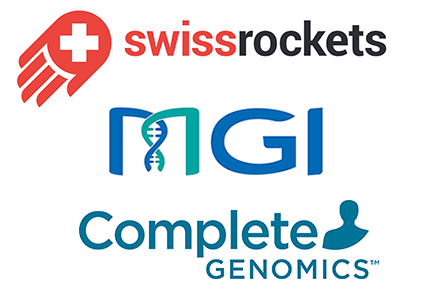On October 16, 2019, the annual meeting of the American Society of Human Genetics (ASHG 2019) was held in Houston. At the meeting, MGI made its revolutionary proprietary sequencing technology CoolMPS™ test results, indicating that the chemical method of CoolMPS™ produced data on the DNBSEQ™ sequencing platform is comparable to the existing platform.

MGI said at the meeting that the early research results of CoolMPS™ technology are accurate, reproducible and cost-effective, and will lead Massively Parallel Sequencing (MPS) in a more efficient and accurate direction. MGI also announced to the world that its current global daily flux sequencer DNBSEQ-T7 has been successfully delivered to the first batch of customers.
Rade Drmanac, chief scientist at MGI, said: "We are very encouraged by the results of these early studies." "We see the quality and efficiency of the CoolMPS™ chemistry combined with the PCR-Free/error-free accumulation of DNB nanoarrays. The combination of the two technologies will redefine large-scale parallel sequencing and help MGI become an innovation leader."
Fundamentally, CoolMPS is a unique chemical method that avoids the "scarring" of DNA accumulated in traditional sequencing methods and affects the accuracy of subsequent reads. CoolMPS introduces unlabeled nucleotides and four fluorescently labeled antibodies during its sequencing to identify bound bases. In this new process, natural bases are added to each sequencing cycle to achieve more accurate and longer reads.
These advanced new technologies and engineering technologies not only improve sequencing quality, but also reduce sequencing costs, drive genomics-based health monitoring and other applications that require comprehensive, accurate, and affordable sequencing-based testing. Expanded the use of massively parallel sequencing.
Jimmie Ye, an assistant professor of epidemiology and biostatistics at the University of California, San Francisco, is one of the early research collaborators of the technology, and he also presented encouraging results at the conference. .
Professor Ye said: "We used the Illumina Novaseq 6000 system and the early alpha version of the CoolMPS sequencing kit being developed by MGI to sequence multiple-labeled single-cell samples," said Professor Ye. "We have seen comparables with Novaseq 6000 in CoolMPS™ for cell marker discrimination, clustering, sample resolution and cell sorting, which is a very exciting development."
Professor Andreas Keller, Scientific Director of the Bioinformatics Center at the University of Saarland, also reported the results. Professor Keller also conducted research at the Department of Neurology and Neuroscience at Stanford University. He presented the results of a study of the non-coding Alzheimer's disease transcriptome using the alpha version of the CoolMPS kit. "High-precision sequencing has left a deep impression on us." "Accurate base detection greatly increases the ratio of effective comparisons to reads. This is the most obvious and powerful advantage of CoolMPS technology, and the technology itself is very high. Reproducibility."
CoolMPS™ technology is currently open to specific early partners or research partners for joint development and validation. The technology will be further released at the 14th International Symposium on Genomics (ICG-14), October 24-27.



 Sequencer Products: SEQ ALL
Sequencer Products: SEQ ALL















 Technologies
Technologies Applications
Applications Online Resources
Online Resources Data Bulletins
Data Bulletins Service & Support
Service & Support Global Programs
Global Programs Introduction
Introduction Newsroom
Newsroom Doing Business With Us
Doing Business With Us Creative Club
Creative Club













